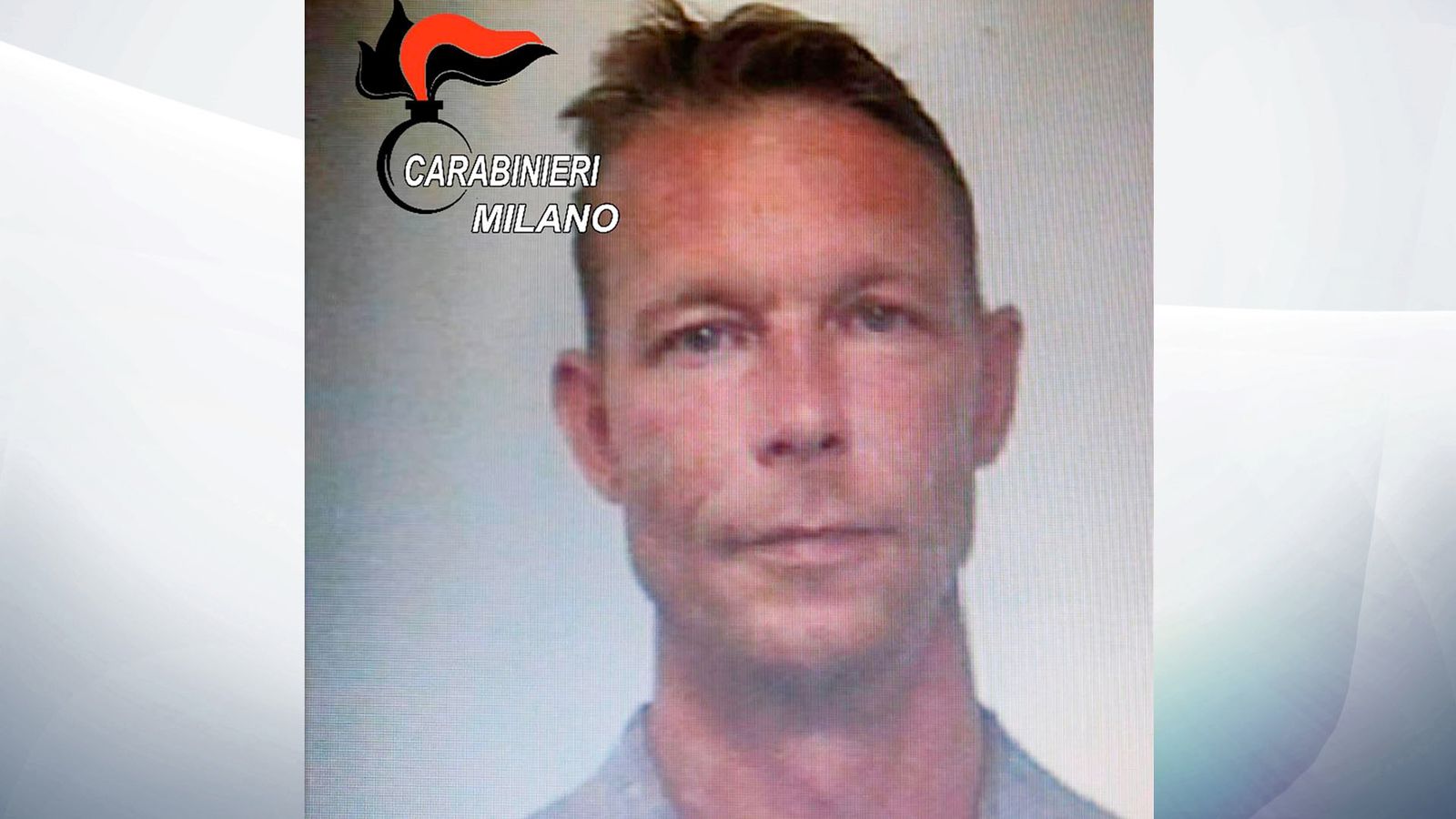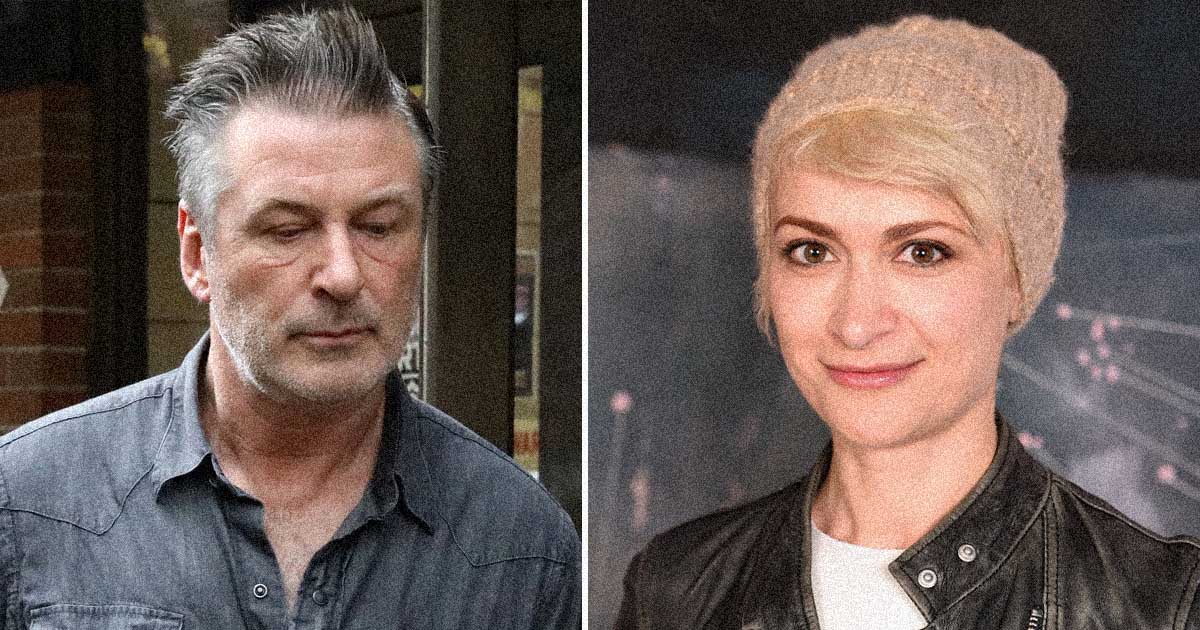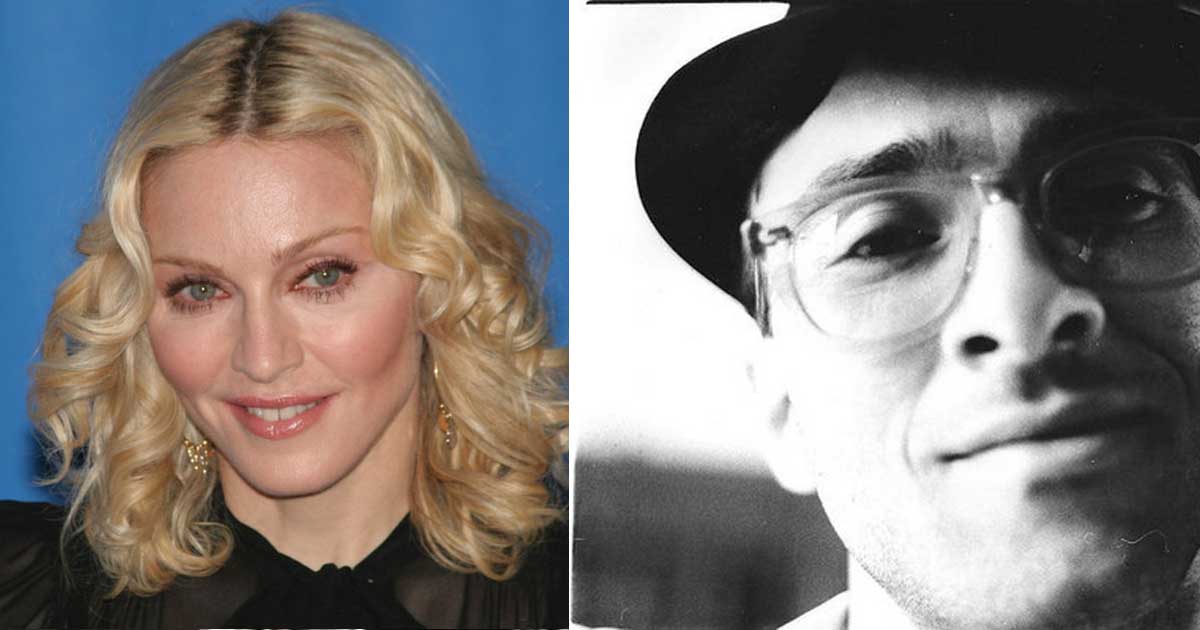Madeleine McCann case shaken by new developments as suspect seeks early release
German prosecutors race against time to charge prime suspect in Madeleine’s disappearance before potential prison release
Seventeen years after Madeleine McCann vanished during a family vacation in Portugal, the case may finally reach a turning point — but only if prosecutors act before their main suspect walks free.
On May 3, 2007, three-year-old Madeleine McCann disappeared from her family’s holiday apartment in Praia da Luz, Portugal, while her parents were having dinner nearby. The case captured global attention, becoming one of the most widely reported missing-person stories in history.
Now, as the 17th anniversary of her disappearance approaches, Kate and Gerry McCann released a heartfelt statement:
“It’s 17 years since Madeleine was taken from us. It’s hard to even say that number without shaking our heads in disbelief… the absence still aches.”
The McCanns expressed gratitude for continued public support, saying that love and hope for Madeleine have given them strength to keep going.

Christian Brückner: The suspect who could walk free
German authorities have long believed that 48-year-old Christian Brückner, a convicted sex offender with a long criminal history, may be involved in Madeleine’s disappearance. In 2022, he was officially named as a suspect.
But Brückner, currently serving a seven-year sentence for unrelated crimes, is now seeking early release — raising alarm among investigators.
If granted, his release could force prosecutors to either charge him in the McCann case immediately or risk losing their key suspect.
A source close to the investigation told The Sun:
“Charging over Madeleine would be the only ace left up their sleeve for keeping Christian B. behind bars. Let’s hope they don’t need it.”
Explosive jailhouse testimony
The urgency to act has grown after chilling claims emerged in court from one of Brückner’s former cellmates.
Laurentiu Codin, 50, a Romanian inmate, testified that Brückner confessed to abducting a child from a wealthy tourist area in Portugal. According to Codin, Brückner described entering an apartment through an open window, looking for money, and instead finding a child whom he took.
“He asked me whether fingerprints could be left when he went out of the window… and if DNA from a child could be found as evidence,” Codin claimed in court.
Brückner’s lawyer, however, quickly dismissed the testimony, calling it inconsistent and saying the claims were entirely new.

What could happen next?
Brückner’s request for early release is now being reviewed by the Hildesheim Regional Court in Germany. If approved, prosecutors may be left with no choice but to press charges in Madeleine’s case to keep him in custody.
Legal experts say the McCanns’ legal team is prepared to appeal any release decision immediately, which could delay his freedom for several months.
But time is running short. Chief Public Prosecutor Hans Christian Wolters confirmed the court has not yet ruled on Brückner’s motion, but nerves are high. A previous legal case against Brückner saw surprising decisions in his favor, adding to prosecutors’ concern.
This latest development could be the most critical moment in the Madeleine McCann case in years. After nearly two decades of unanswered questions, prosecutors may finally be forced to act — bringing them closer than ever to justice, or risking a setback that could change the course of the case forever.
As the McCanns face another year without their daughter, their message remains clear: they will not give up hope.
This story is still unfolding, and the world is watching. Will 2025 finally be the year the truth about Madeleine McCann is revealed?





